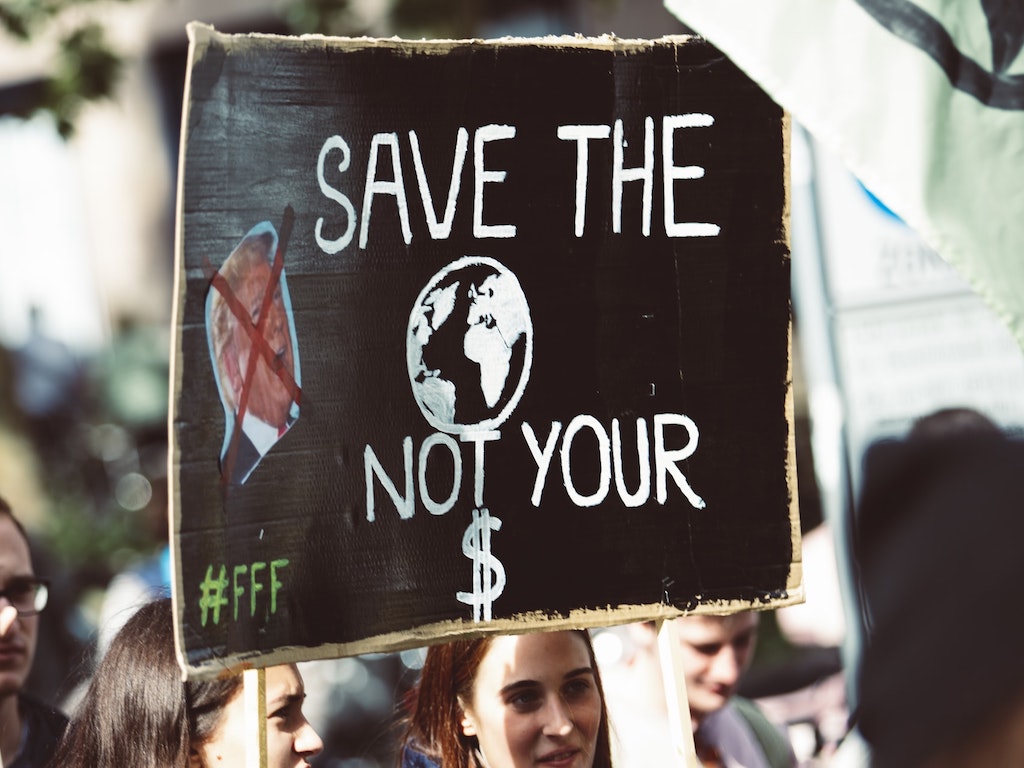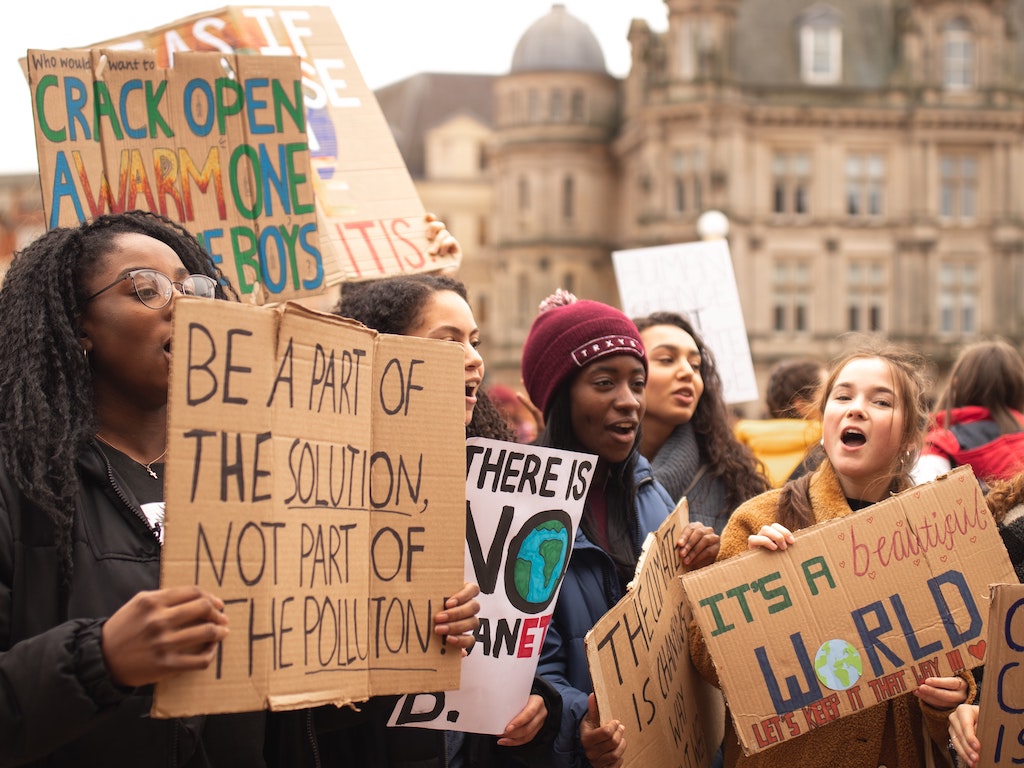3 Mins Read
Born between 1996 and 2012, Generation Z—often referred simply as Gen Z or “zoomers”—have shown themselves to be environmental activists, low-wasters, vegan meat-eaters and anti-flyers. Now, they’re proving themselves to be the climate career generation too.
For this demographic of young people, every birthday they celebrate has been markedly hotter, quite literally, with global heating and climate-related disasters getting increasingly severe. While the oldest of the bunch have already entered the job market, the younger cohort of Gen Zs are just beginning to think about their careers. And all in all, the statistics seem to show that many of them hope to make saving the planet their way of making a living.
1. 76% say climate change is one of their biggest concerns
According to a Pew Research poll conducted last year among American adults, Gen Zs are by far the most concerned about climate change. 76% of them said that addressing climate change is one of the biggest concerns they have, while over one-third (37%) said it was actually their “top concern to them personally.” The same survey also found that just under a third (32%) of all Gen Zs have taken part in at least one environmental action within the past year, from volunteering at a clean-up campaign or attending a climate protest and even writing to politicians demanding change.

2. They’re flocking to work for value-led brands
Their climate concern has prompted many of them to prioritise companies that are purpose-led when it comes to the jobs they are applying for. It’s the reason why brands with a strong environmental record, such as Patagonia, widely recognised for its efforts to block the Trump administration’s climate-damaging plans and a certified B Corp, now receives more than 9,000 applications for every single open internship role. Simply put by the firm’s former CEO Rose Marcario in a Forbes interview, younger generations want to work for a company that’s “doing work that’s good for the world”.
3. Nearly two-thirds of undergrads are ‘very interested’ in sustainability
Many Gen Zs are now undergraduate students in universities, a time in their lives when they are thinking about what they want to do in the future. An on-campus survey conducted in 2020 in USC found that nearly two-thirds of them are thinking about sustainability. 64% said they were “very interested”, in fact, while 33% are already participating in sustainability activities on a daily basis—strongly suggesting that many of them are geared towards searching for career pathways in this direction too.

4. Jobs in the environmental field are growing
As the climate becomes an increasingly important topic globally, with young people commanding the attention of world politicians and making their voices heard at global panels from the UN to the WEF, the environment-related employment opportunities are booming. According to the latest data from the US Bureau of Labor Statistics, jobs in the environmental scientists and related specialist sectors are projected to grow 8% over the next decade—much faster than other industries.
5. Get ready for Generation Alpha
Now, technically this isn’t about Gen Zs. It’s about the one after: Generation Alpha. This super young generation (the children of millennials, rather than the children of Generation X) are going to be even more laser-focused on launching climate careers. In one poll conducted among primary school children between the ages of 6 to 9, more than two-thirds (67%) say saving the planet will be the “central mission” of their careers in the future.
All images courtesy of Unsplash.




